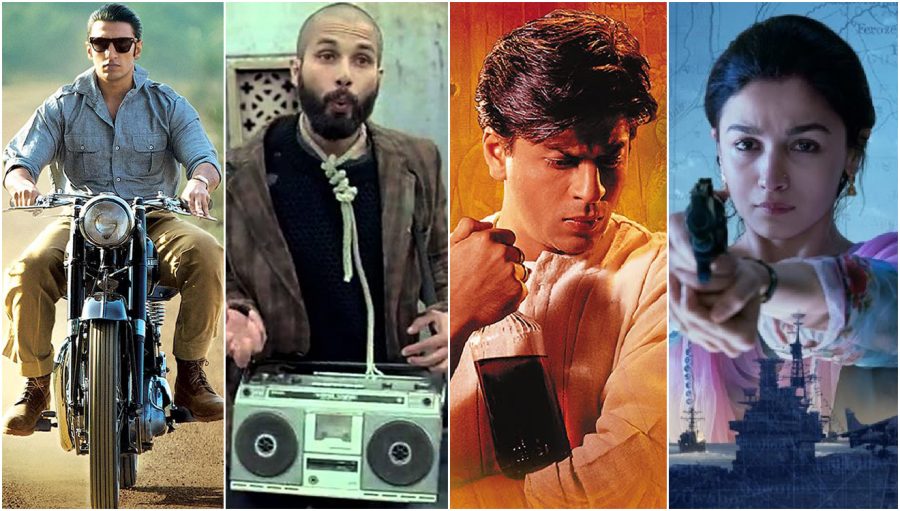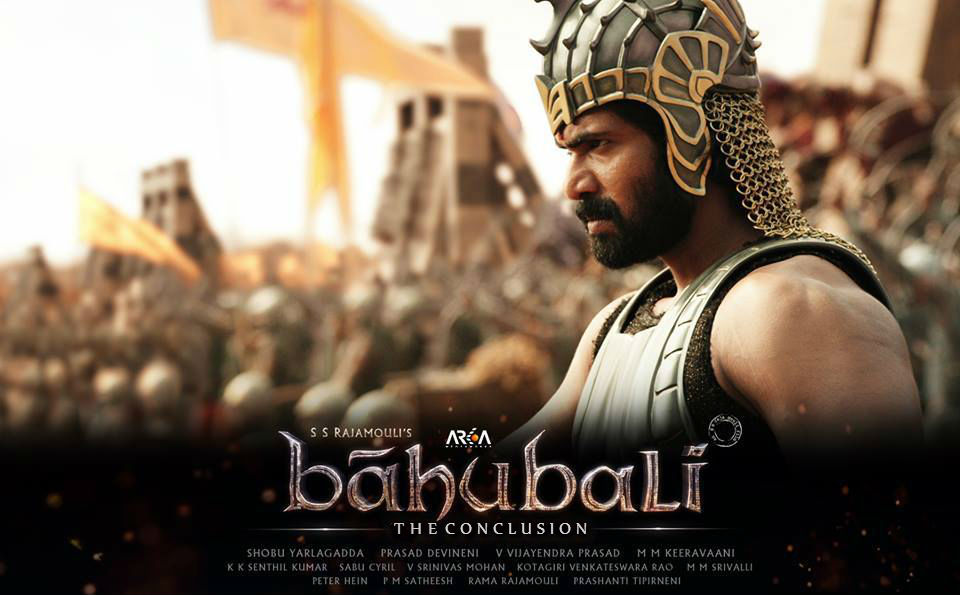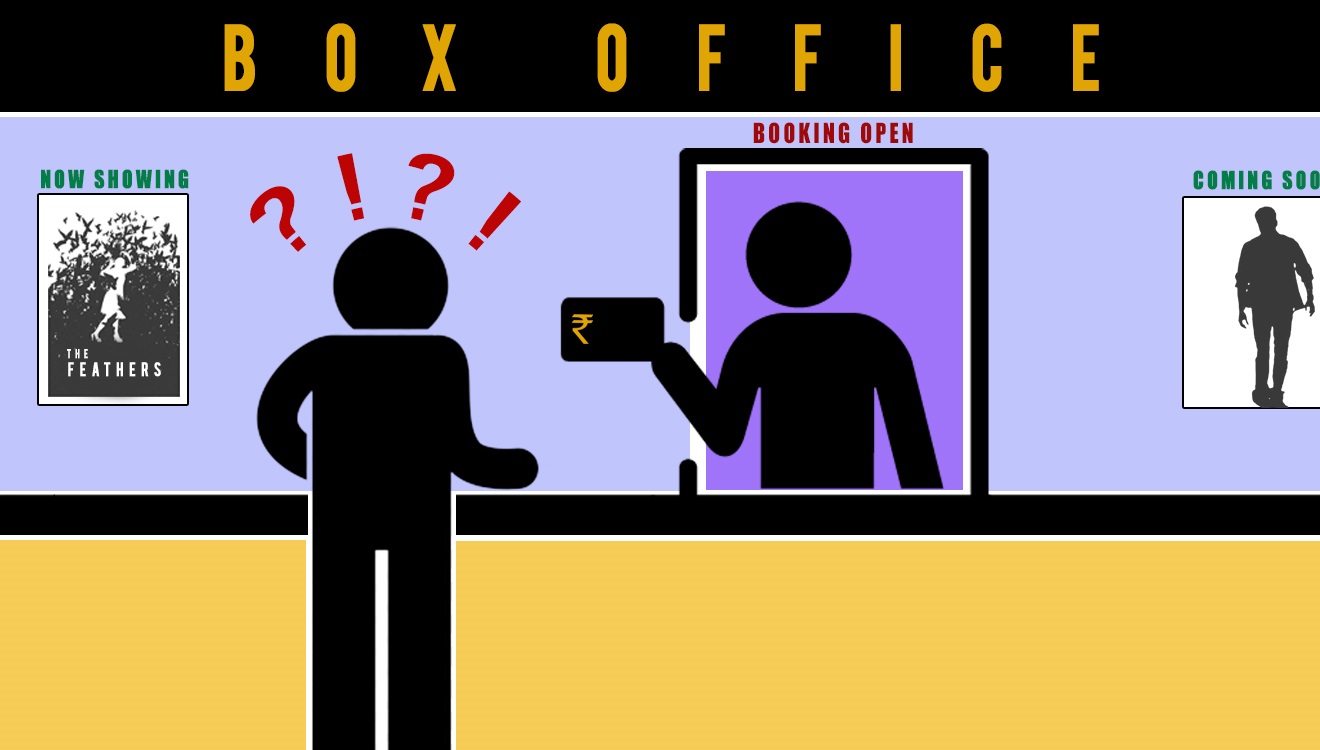Numerous books have been adapted into films, in fact, one can say some of the most popular films and TV series are based on books, think Lord Of The Rings, Harry Potter, Game of Thrones and that’s just the fantasy genre. While in Bollywood, books adapted into movies were largely restricted to the offbeat category, mainstream filmmakers are slowly warming up to the fact that books are pretty good sources for a robust script. Raazi’s tremendous run at the box office only proves this theory.
For most bookworms however, appreciating an adaptation can be difficult simply because they are two vast mediums and adapting a book is no easy feat. In books, the narrative keeps the characters alive and connected with the readers, but doing the same onscreen with actors can be challenging.
Here are some mainstream Bollywood movies that have been appreciated by the audience and have done well at the box office. The purists should of course excuse the creative liberties.
- Raazi
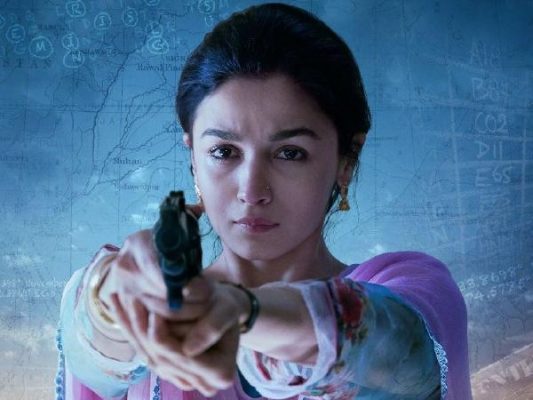
raazi
Meghna Gulzar’s latest outing Raazi, is an adaptation from Harinder Sikka’s ‘Calling Sehmat‘, a novel based on a Kashmiri woman who married a Pakistani Army officer only to spy on him and his family. Set in the 1970s, Sehmat (Alia Bhatt), a student of the Delhi University gets married to a Pakistani military officer (Vicky Kaushal), to spy on Pakistan when the two neighbouring countries were in the grip of a war. The tense moments and Alia’s terrific performance make the story of a courageous girl a must watch. As they say – In the war, nothing is important than war, neither you, nor me.
Although Meghna made some minor tweaks to the adaptation, the film has been received very well by the audience and was appreciated for its unbiased message. The film reportedly made a grand total of Rs 102.50 crores at the box-office.
2. Lootera
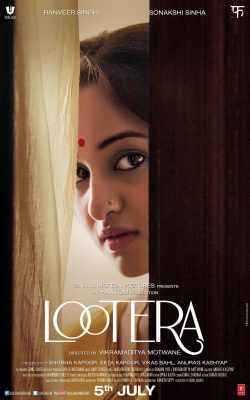
lootera
Leaning heavily on the four magic words ‘once upon a time’, Vikramaditya Motwani’s Lootera is a gorgeous love saga which puts to use the period setting in the best way possible. An adaptation of O’Henry’s ‘The Last Leaf’, a short story of a dying girl who firmly believes she will breathe her last when the last leaf falls off the vine outside her window. An artist decides to paint the leaf everyday and it’s only after he dies that she realises that the leaf was fake. Nevertheless, it brought her hope. In the film, Sonakshi Sinha plays the dying girl while the artist is replaced by a conman (Ranveer Singh).
Unfortunately, Lootera was a lose attempt to integrate O’Henry’s short story. The film looks like two short films, which are completely independent of each other and the only thing that makes them one is the lead cast. What could have otherwise be an out-of-the-box film, turned out to be a long and stretchy adaptation. Nevertheless, the film was critically appreciated.
3. Chetan Bhagat’s bestsellers
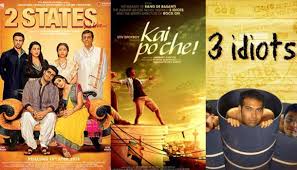
2 states
Love him or hate him, but you definitely cannot ignore him. Chetan Bhagat’s books have given us not just one, but four Bollywood (Hello, 3 Idiots, Kai Po Che and 2 States) films, of which two were blockbusters. While 2 States was all about North meeting South and all that happens in between, 3 Idiots was a neat package of emotions, drama and humour.
While Five Point Someone finishes at graduation, the biggest difference in 3 Idiots comes in the second half when the film finishes with how their careers have shaped.
As for 2 States, Abhishek Varman did an appreciable job of covering up all the tiny episodes from the book, including drinking tea at ‘Rambhai’ tea stall. That said, the film did miss out a few moments that were much appreciated in the book. What makes the film worth watching over reading the book is the climax – the Tamil style wedding.
Both the films demystify the thematic appeal, making the fans of the book smile!
4. Haider
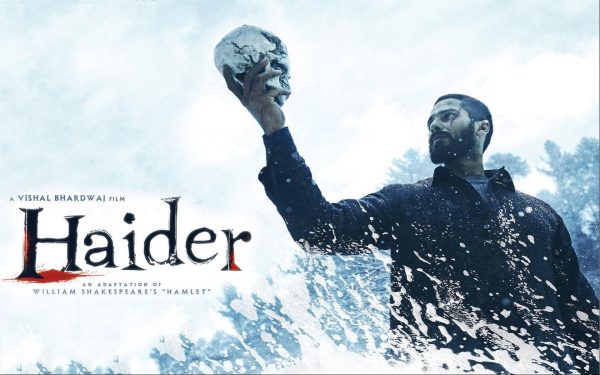
haider
Vishal Bhardwaj’s love for Shakespeare is undeniable. Earlier, he made Maqbool, which was an adaptation of Macbeth, and then Omkara, which was his version of Othello. The movie narrates the tale of Shahid Kapoor, who learns that his peace-loving father has been arrested by the Indian Army. He returns from Aligarh only to realise that his step-mother (Tabu) and his uncle (Kay Kay Menon) have a hand in his father’s disappearance.
Haider explores the surprising timbres of Hamlet in a very particular time and place. However, it makes two major deviations from the original. Haider combines Hamlet’s best friend, Horatio and love Ophelia, making her a journalist who plays an active role in Haider’s life. The other one is the way Ghazala (Tabu) looks at the tragedy. The Shakespearean Gertrude seems more bland while Tabu plays the perfect lady of the home who respects her husband and is worried about her son.
5. Devdas
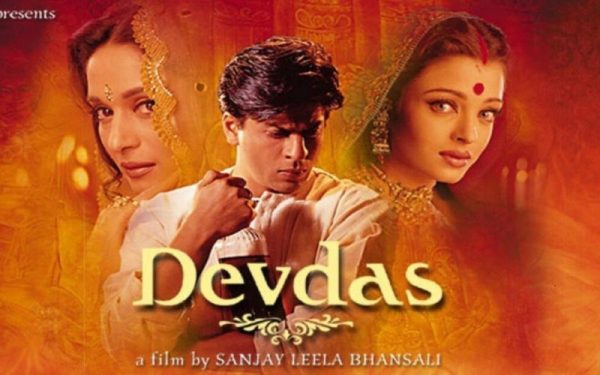
devdas
The book by the same name was made into a film, not just once but four times. The Devdas syndrome in Indian cinema began way back in 1936, directed by PC Baura, and had KL Saigal, Jamuna Baura, TR Rajakumari in lead roles. Later in 1955, it was made again by the legendary Bimal Roy and had the then superstar Dilip Kumar, Vyjayanthimala, Suchitra Sen playing the main characters. And finally in 2002, Sanjay Leela Bhansali added more grandeur and glamour to it, bringing it onscreen in his own style, with Shah Rukh Khan, Aishwarya Rai and Madhuri Dixit in the lead.
Through the book, Sarat Chandra Chattopadhyay, made an impression not just on Bengalis, but on Indian cinema as a whole. Back then, tragedy endings in cinema were considered a taboo and Devdas was the first film to break this. In fact, the 1936 versions Hindi and Bengali became such a success that tragedy became key element for films to perform at the box-office. Although the Sanjay Leela Bhansali’s on-screen version was well-fed with galmour, flamboyance, rich costumes, and jewellery, the soul went missing.
